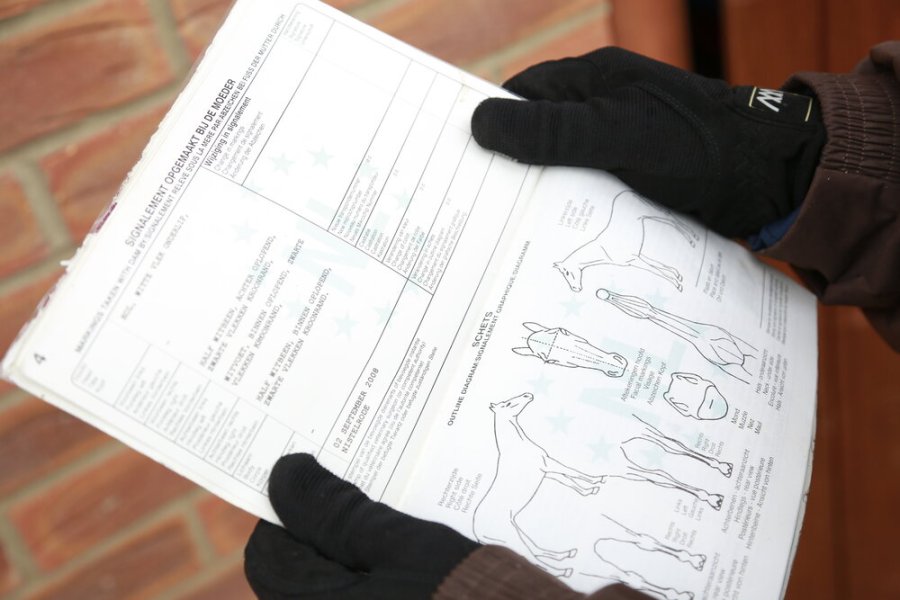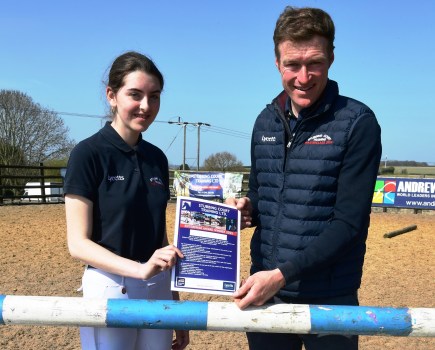Defra is asking horse owners and organisations how they feel about changes being made to review equine passport and identification laws .
The consultation “Improvements to Equine Identification and Traceability in England” is now live, giving equestrians a chance to have their say about the future for horse passports, health and welfare.
Part of the consultation is a survey, open to all equestrians, to gather opinions. Defra has a full technical questionnaire which anyone can take while the British Horse Council, which acts as the voice of the equine sector to the government, has produced a shortened version to capture data.
The British Horse Council has made it easy to respond via their own short survey, now live at www.britishhorsecouncil.org which takes 5–10 minutes and closes 20 May
You can also, or alternatively, complete Defra’s full technical consultation, which will take 30–40 minutes at www.defra.gov.uk and closes 28 June.
“If you have views on the future for paper passports, how they are updated, whether going digital is an option, what happens if disease takes hold, you are worried about breeding and pedigree information or troubled by enforcement – let us know,” said a British Equestrian spokesman.
“We simply won’t get this opportunity again, so please find a few moments to tell us what you think about the current and future horse passport system.”
British Equestrian’s Chief Executive Jim Eyre urged every horse owner to take the survey.
“It’s an opportunity to have your voice heard on this key issue which impacts all of you,” he said. “The British Horse Council has worked with Defra to get equine passports and microchips on the agenda and your views will help with the consultation.
“The data will be key to further our Brexit work with Defra but also equine welfare, disease control and traceability in future. You have the choice to take either or both surveys but we’re grateful to the BHC for their short survey which will feed into the wider Defra consultation. It’s just 10 minutes out of your day which could dramatically help Britain’s equine population for the future.”









